Changing times for calypso
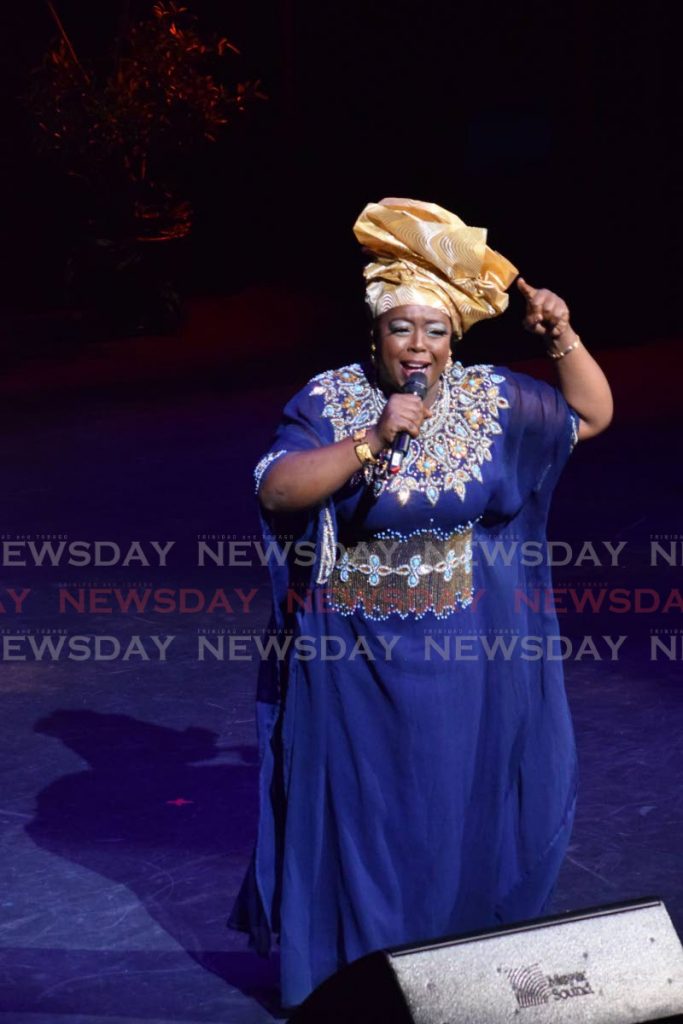
A calypso tent is usually a boisterous space. People seated in tight rows, sometimes on unsteady chairs; drinks spilling on the floor splashing on the feet of the person in the next seat. The audience applauding one minute and booing the next, calling for encores, and quite a bit of performer and audience interaction.
Some of the people interviewed by Newsday fondly recall how the performers would dress in their finest. Men in suits, despite the heat, and well-polished shoes, and women shimmering in sequinned dresses.
Performance nights at the tents are long, but people stay till the end, eagerly awaiting the next song. The compositions are filled with innuendo, social commentary, double entendre, and news delivered with tongue-in-cheek humour. One night would be dedicated to judging possible Calypso Monarch contenders, bringing out the fire in performers.

The calypso tent has evolved over the years. In the late 1800s and early 1900s there was the calinda tent. In between stickfighting sessions the chantwells, early calypsonians, would sing and chant together, usually in improvisational extempo style, insulting each other, accompanied by tamboo bamboo and bottle-and-spoon rhythms. Calypsonians, like panmen, were not considered respectable.
Those tents would be made out of galvanize and other makeshift materials in the back of barrack yards.
Gordon Rohlehr, in his classic book Calypso and Society in Pre-Independence Trinidad, says there is an African tradition of leaders permitting the people to ridicule and mock them in public as a form of social control and catharsis.
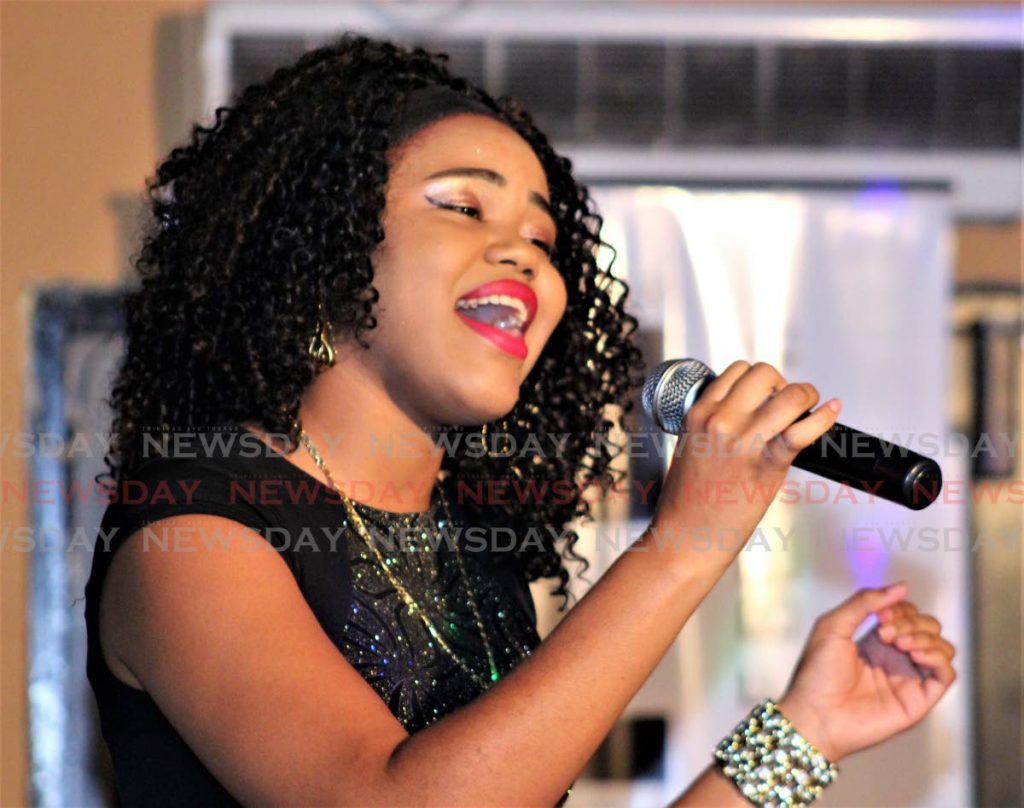
"The leaders of society recognised the value of such satirical songs in which the ordinary person was given the privilege of unburdening his mind while the impacts of his protest were neutralised by the controlled context within which criticism was permissible."
In 1921 World War I veteran "Chieftain" Walter Douglas opened a tent called the Railroad Millionaires on Duncan Street, Port of Spain. Originally it was a two-hour-long, one-man calypso show. He introduced singing along to instruments such as the flute, guitar and piano. He also changed the style of the calypso from extempo insults to stories about current affairs, and calypso became like another form of newspapers.
From the Railroad Millionaires, a century of popular calypso tents such as the Calypso Revue, Sparrow's Young Brigade, D' Entertainers Calypso Tent, Divas International Cabaret, Kaiso House, Kaiso Karavan and Klassic Russo were spawned. But over the past decade there has been a recurring lament about calypso tents not attracting the crowds they used to, resulting in money woes from dwindling ticket sales. There are even complaints of lack of government subventions.
Now, for the first time in 100 years, as physical Carnival events are cancelled because of the covid19 pandemic restrictions, calypso tents are migrating to a digital platform.
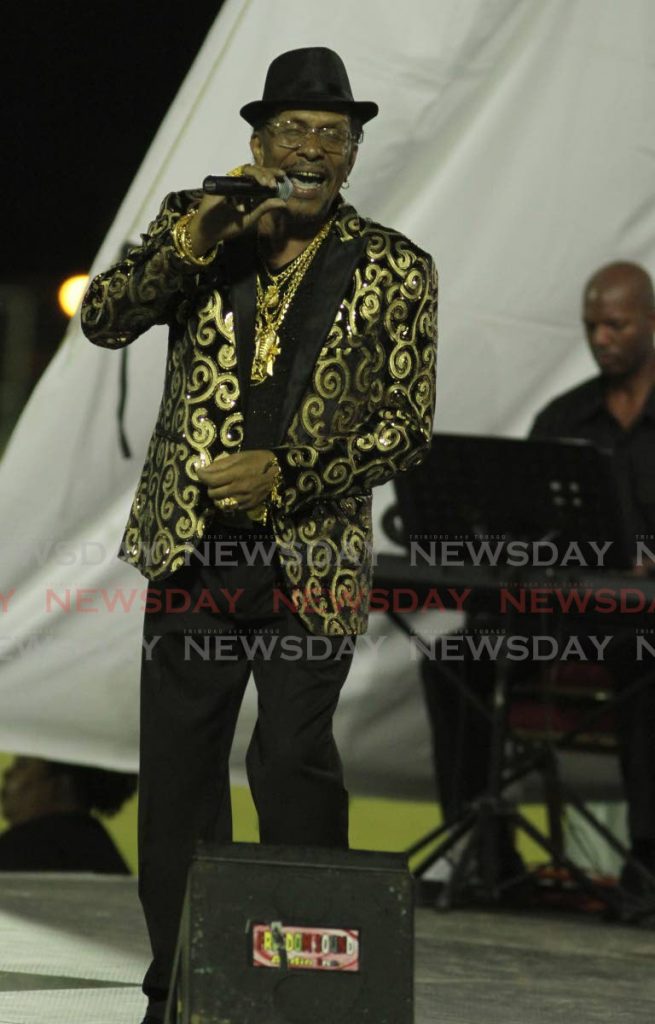
Kenny Phillip's Wack Radio 90.1FM has teamed up with Iwer George's Iwer Stage and the Trinbago Unified Calypsonians Organisation (TUCO) to host online calypso tents, using fundmetnt.com to collect donations for the performers. On the Wack platform there is a virtual screen in the background of the stage, with a Zoom room for the audience, and people can comment on the chat.
Kaiso Karavan – Tuco East Zone Calypso Tent – held a show on January 22 and raised $15,795. The performers included Johnny King, Cardinal, Brother Valentino and Kid Kallalloo.
The Calypso Revue – New Calypso Tent Experience – Pure Kaiso's show was held on January 23, featuring Sugar Aloes, Makeda Darius, Sasha Ann Moses, Morisha Ransome and Mighty Trini. That show raised $13,669. A second Revue show was held on January 29.
Kaiso House hosted a show on January 25, featuring Brother Mudada, Karene Asche, Bunny B, Spicey, Lady Aeisha, Juby and special guest SuperBlue. That raised $11,522.

Phillip said Wack has been in business for 16 years and has a loyal viewership of people 45 and older. That core audience has been his support for the shows. Since April, the station has done over 130 shows, and even though it did not make as much money as before covid19 from ads, it has raised almost enough to keep it "above water." Fundmetnt takes 12 per cent of all donations, Wack takes half of the remainder and the performers get the other half. Wack partnered with bmobile to facilitate people without credit cards, allowing them to text in their donations.
While calypsoes are typically social commentary on events of the past year, Phillip said the performers are singing old classics because they do not have the money to put out thousands of dollars to play new music.
"Radio only has 12 new calypsoes. What is the point of new shows? You are going to record. There is no tent, no salary. So why must they go into the studio? They don't have $6,000 or $7,000 to make their money back."
He said the online shows are just to bring the performers some income during the season.
This is the 55th year Klassic Ruso's Mark "Mighty Contender" John is performing in a calypso tent and the first time he is doing it virtually. He is excited about the new audience the online tents are getting. He was told Klassic Ruso could reach 480,000 people globally, as Wack has viewers from the UK, US, Canada, Sweden, Grenada, Barbados, Spain, Aruba, Germany and more.
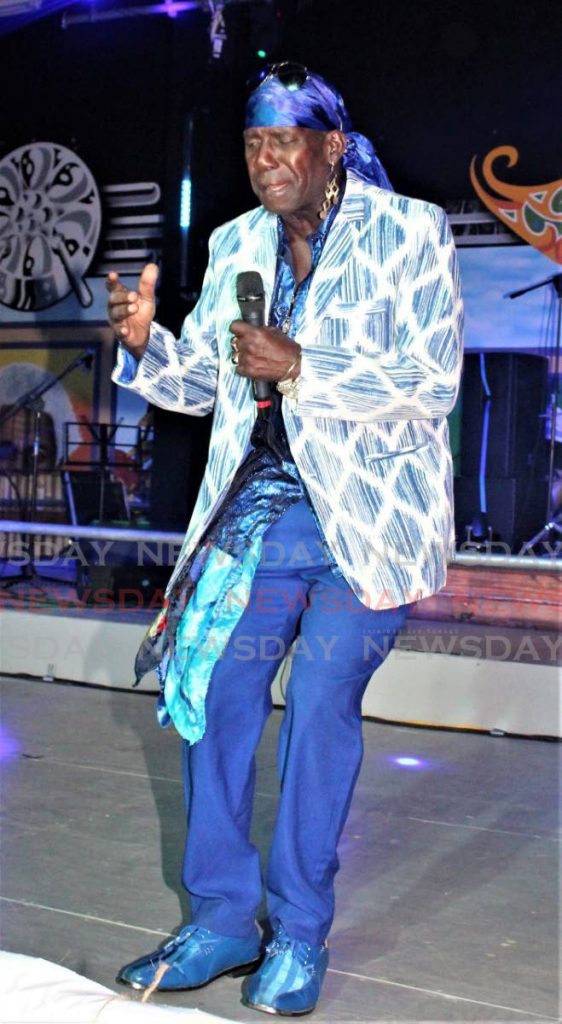
"It's been going good so far. People been giving in donations," John said.
Steve Pascal, known as Ras Kommanda, of the San Fernando-based Kaiso Showkase. hopes people will donate when they watch a show.
"One million people could watch the show, but if they don't donate any money, what can we do? They need to donate to keep the calypsonians going."
He is happy Wack and Iwer Stage are doing something for the singers.
"We can't sit down and let Carnival, steelpan and calypsonians die a slow death." But he added, "The government has a role to play. It generates a lot of foreign exchange. We are losing Carnival. I think they should have supported these virtual events."
Tuco president Lutalo "Brother Resistance" Masimba said calypsonians must do something different to survive.
"We need to do something. We cannot say we cannot do anything. It's Carnival. We still have a responsibility to bring music of our members to the greater public, wherever they are in the world."
The structure Wack provided for the performances, he said, gives them a good opportunity to reach people who would like to go to a tent but could not. The elderly, for instance, still have an opportunity to see the tent performances.
He is grateful to Wack and Iwer Stage for providing the platform for the calypsonians to perform. Without the collaboration, he said, they would have otherwise had to rent equipment and a recording studio, build a following and they might have struggled to get a percentage of the audience on their own.
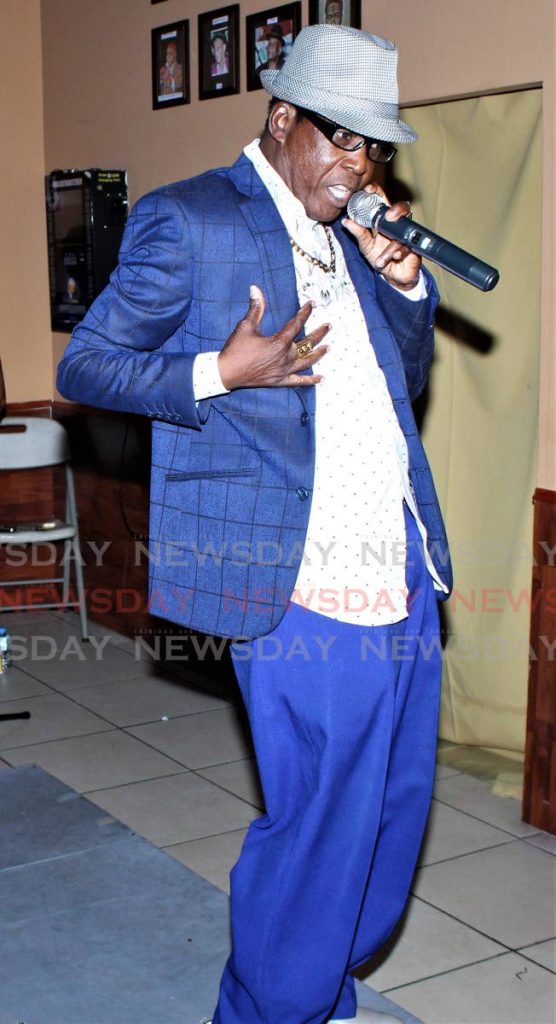
But is a virtual calypso tent really a calypso tent?
Many people have migrated their events online, with virtual brunches, Twitter parties and other online events. Can a tent, which is defined as a physical space, be considered a calypso tent?
Chairman of the National Carnival Committee and owner and manager of Back to Basics Calypso Tent, Winston "Gypsy" Peters said a calypso tent without an audience is a calypso show.
"A digital tent cannot be a calypso tent. A calypso tent is a place where people come and laugh and have fun.
"We cannot gather. Doing something is okay, but why would I have a tent? I cannot see it being of any benefit to me. I am going to wait till 2022" – that is when Carnival events may be allowed in a physical spaces again.
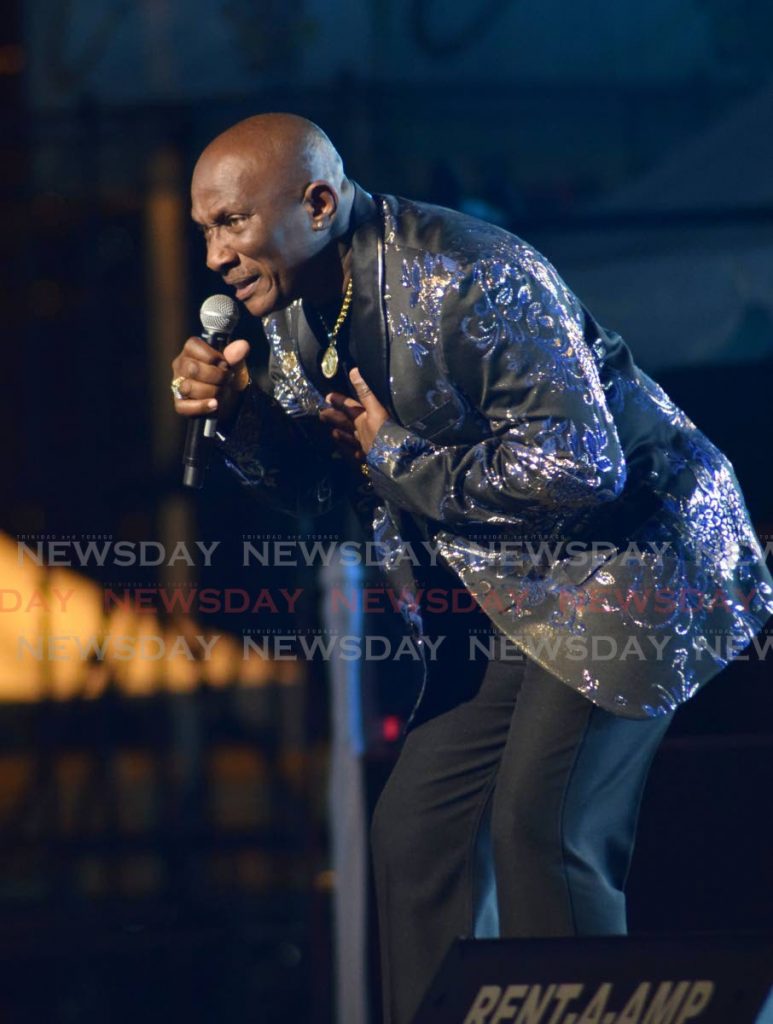
University of TT (UTT) Carnival scholar and calypsonian Dr Hollis "Chalkdust" Liverpool, said a calypso tent is all about the relationship between the audience and calypsonians.
"They boo. They yell out, 'Kaiso, kaiso!' I have seen a calypso tent that, while people are booing, they are clapping too. It's all different types of people.
"You would not get that in a virtual calypso tent. But at least you will get songs."
Writer Roslyn Carrington was ten the first time she went to a calypso tent. Her father, Trevor Carrington, was a popular mas bandleader in the 80s. She said it took her family 20 minutes just to find their seats because her father stopped to talk to everyone.
"It was a big night out for me. Excitement. Full sensory. The sights and the smells. Everybody dress up."
She remembered: "The sound system was crap, but nobody cared. Plenty feedback. Sometimes the mic didn't work. When they had funny calypsoes people used to laugh loudly, and you could clap along."
For Carrington, a calypso tent was not just a great build-up to Carnival, but a place to connect with people.
"Men were proud to take their wives out for an evening, meeting old friends."
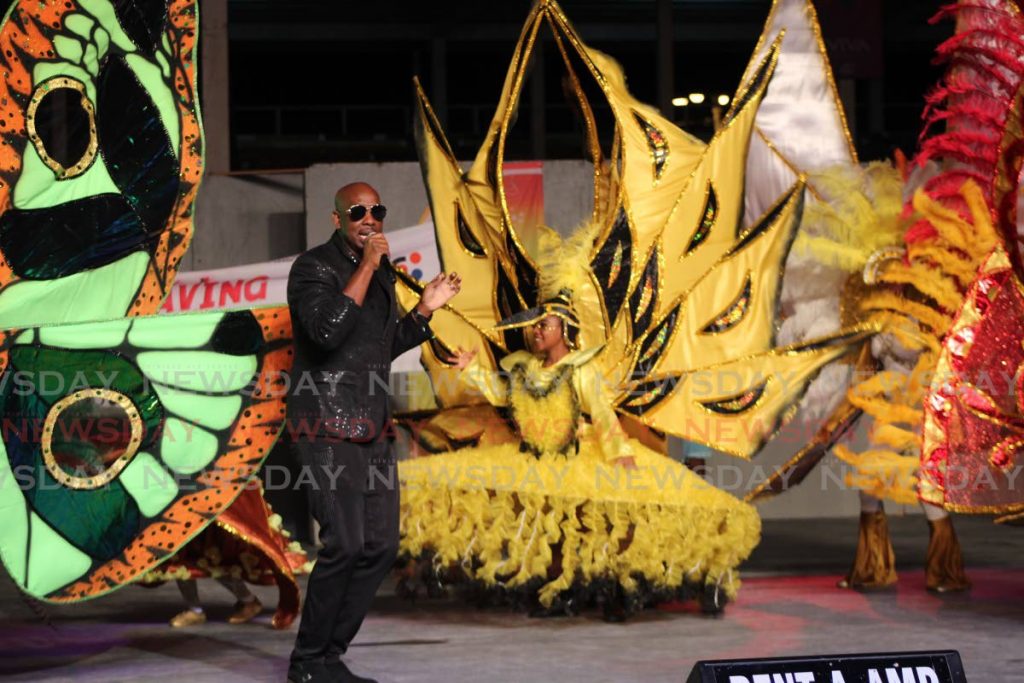
She also acknowledged its political significance. "It is a powerful element within the community, especially the Afro-urban community. A great source of pride. You could shamelessly slag off politicians and they couldn't do anything about it. It was empowering. A great way for the powerless to air their grievances."
It's been ten years since she went to a calypso tent, but she doesn't believe she will do it virtually, because she does not have the time.
Oneka Roach Campbell, a TT citizen in the US, is looking forward to the online calypso tents so her children can experience it.
"I would definitely pay to attend such and to expose my children to rich TT culture," she told Newsday.

Comments
"Changing times for calypso"